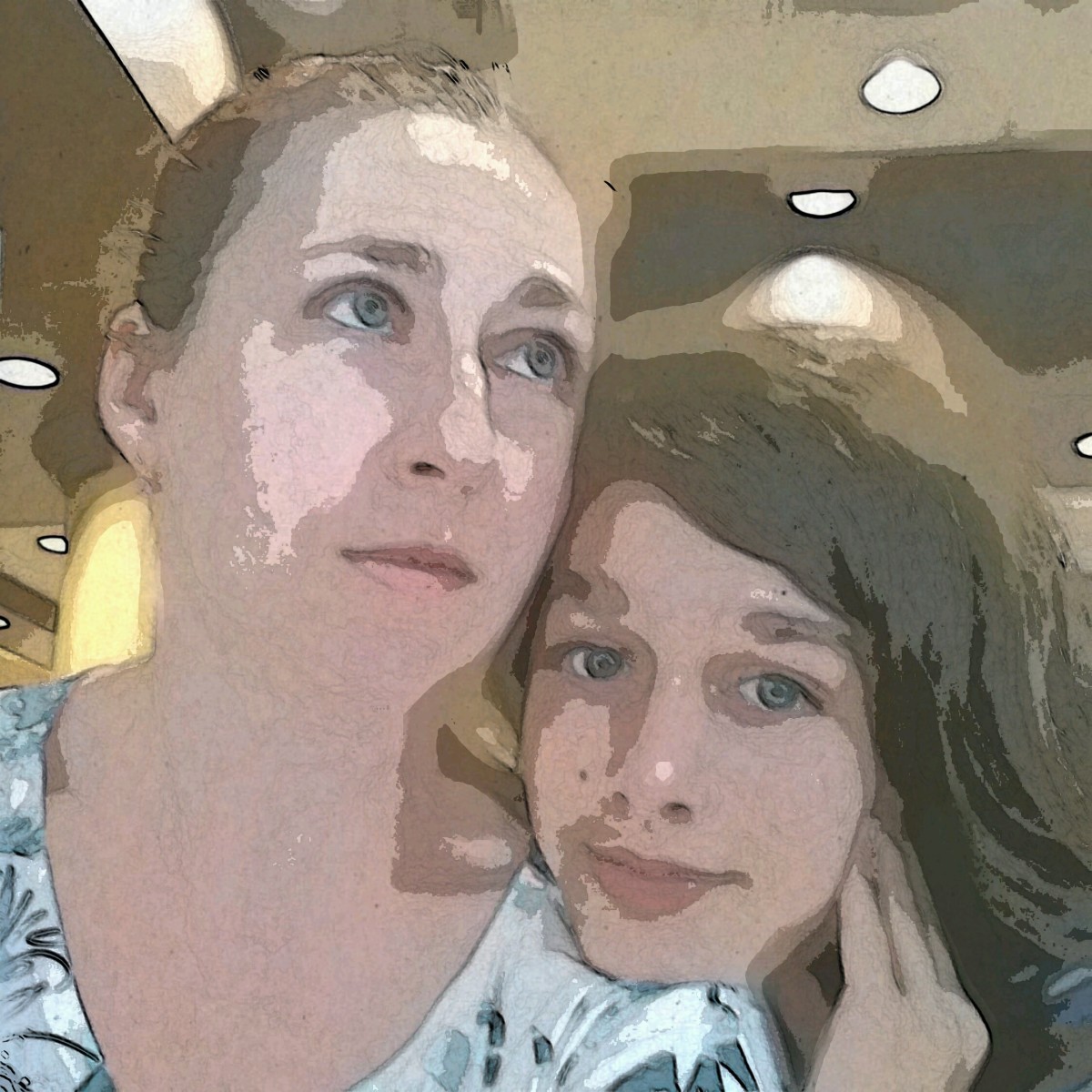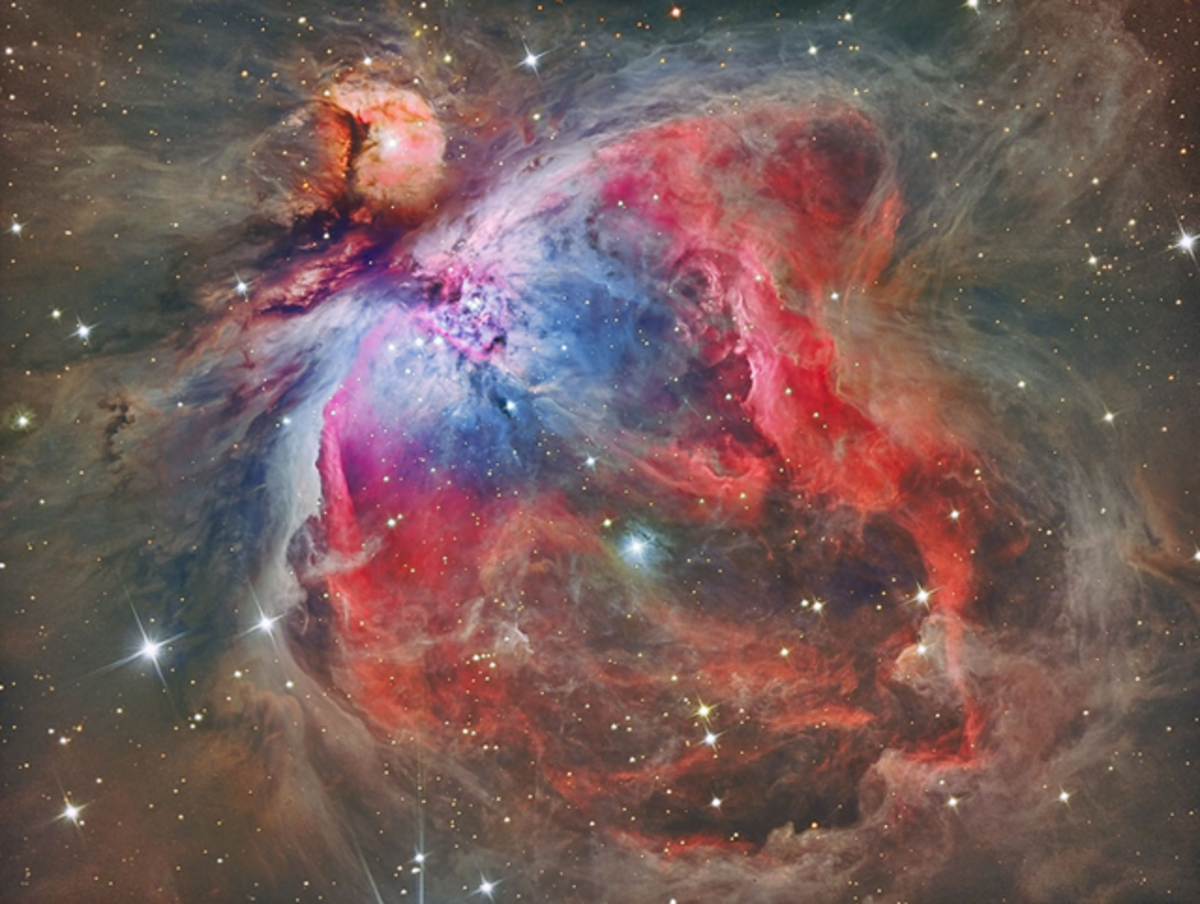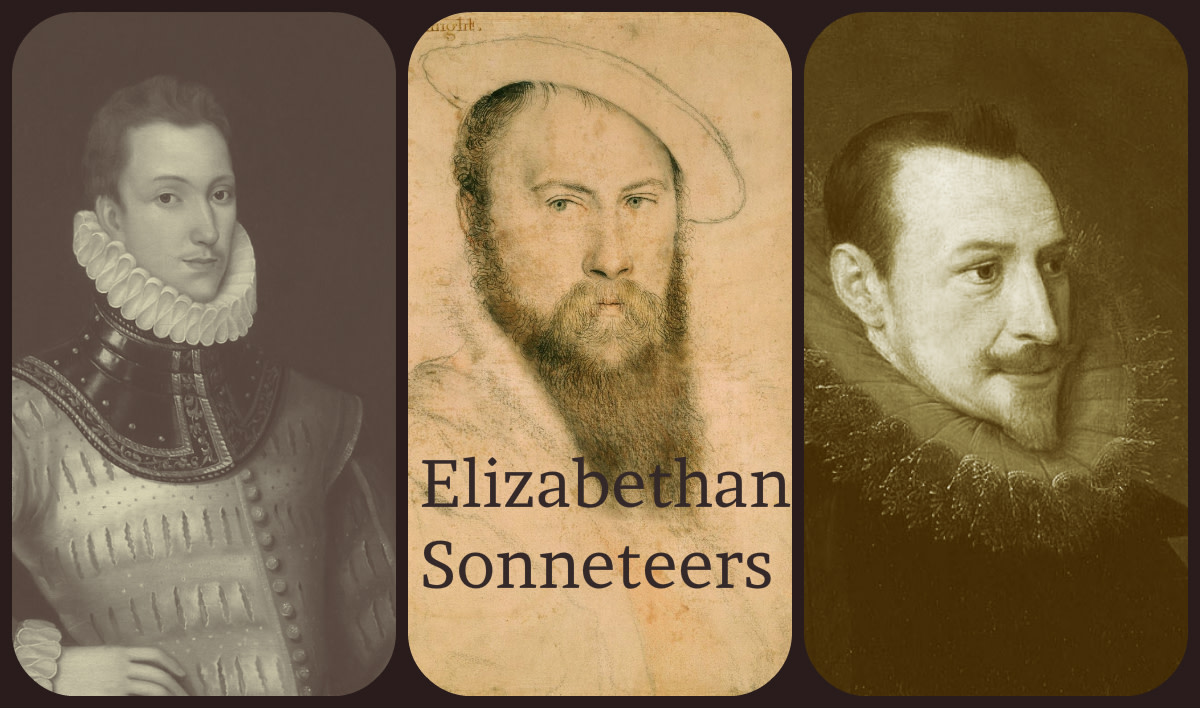Consumerism and Allen Ginsberg's Poem Against It
Consumerism is a calamity claiming the individual identity of American culture and society. We are so engulfed with buying and mass consumerism that we fail to realize the simple, natural truths that are what life is all about. A perfect expression of this consumerism is the poem “A Supermarket in California” by Allen Ginsberg. In this poem, Ginsberg uses Walt Whitman as a constant reference and Sheppard, following the nineteenth century poet through the mundane, ritualistic tendencies of the free market buyer. Illustrating a simple supermarket into a facet of un-motivated, blind thinking and observing the participants of a benign routine that results in the overlooking of what makes life special and worthwhile, the little and natural things.
Allen Ginsberg begins the poem by walking down a street, thinking about Walt Whitman as he looks at the full moon through an aching mind of self-conscious thoughts. These self-conscious thoughts lead him towards a small fruit supermarket in hunger for images of simplicity, as described by Walt Whitman. What Ginsberg finds in the super-market is not the nourishment of simplicity but the conformity to the culture of capitalism and mass consumerism. Just as how Walt Whitman’s early poetry dealt with the impending dangers of industrialization, so too does Ginsberg’s poem here. He takes the fruit and vegetables out of their natural environment and transplants them here to the stores, creating an un-natural world. The families buying their products at night, which isn’t to denote the time of day, but to tell of a shroud that is masking and blinding the families in consumerist thought, making them clones and indistinguishable.
The second stanza is full of sexual imagery and double meanings as Ginsberg watches Walt Whitman as he pokes “among the meats in the refrigerator and eyeing the grocery boys. I heard you asking questions of each: Who killed the pork chops?
What price bananas? Are you my angel?”
In these lines here Ginsberg shows the curiosity of Whitman as he has never seen these images before. In Whitman’s time you didn’t have a large supermarket for the sales of all types of foods and meats, most of the time these were grown and slaughtered by the families themselves. These lines also to allude to Whitman’s sexuality implying he might have been a homosexual, and implying it in a crude manner. The questions he heard asked by Whitman aren’t to be taken as literal questions but to show Whitman’s sexuality by using the imagery of the store in hopes to revert it back to a primitive, natural state. The question of Whitman asking Ginsberg if he is his angel, he is referencing the essay The Angel of History, by Walter Benjamin, which is a philosophical depiction of a society that has destroyed the notion of an individual free from the capitalistic enterprises that have destroyed and ravaged the natural.
The second half of this stanza proceeds to enter the imagination of Ginsberg as he follows Whitman “in and out of the brilliant stacks of cans following you, and followed in my imagination by the store detective”, showing the ability of Walt to see the store’s items not for their materialistic value, but for the natural raw beauty that it once was. Whitman is the symbol of natural innocence not bound to the consumerist demand that leads the American individual into a derelict soul of spending and materialism.
Ginsberg however begins to grow depressed as the final stanza begins due to the fact he is beginning to come to the realization that the modern America in which he is living cannot be the America that Mr. Whitman idealizes, the America of natural beauty of an item, not its value as a commodity. He says to Walt, “Where are we going Walt Whitman? The doors are closing in an hour,” symbolizing the doors closing as his fleeting hopes and imagination of America as not being led into a culture driven by profit motive and loss of identity in their natural selves. Ginsberg’s imaginative adventure takes him and Walt Whitman through the “solitary streets” and “dreaming of the lost America of love past blue automobiles in driveways, home to our silent cottage,” showing him that no matter where he, or Whitman go, they will not be able to find the America in which Whitman’s grandiose vision is of. Ginsberg found that the pursuit of this imaginative reality however will only lead to loneliness.
He finally ends the poem by equating America to the land of Hades. However Walt Whitman never made it to the Hades that is the America depicted in the supermarket, instead he was dropped off by the ferry master Charon on the banks of the river Lethe. The Lethe is another river that runs through Hades and causes complete forgetfulness to those who drink its waters. Ginsberg uses this reference to symbolize the river Lethe as American modern consumerism, the water that which is causing Modern culture and society to forget its past, the past of a natural world without prices and values where items were viewed in an aesthetic light. The poem ends with the depiction of a forgotten man and hero, Walt Whitman.







